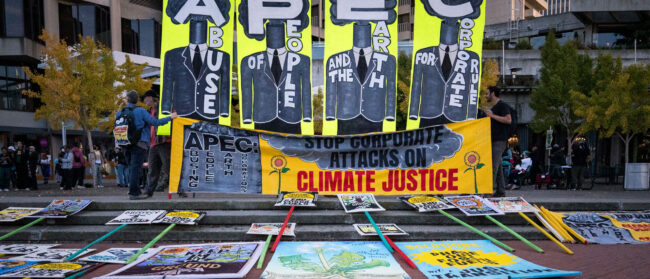Earth is currently experiencing the sixth mass extinction in its history, threatening widespread loss of life, ecosystems, wilderness and natural beauty. Unlike in earlier geological eras, no natural disasters, volcanic eruptions, or asteroid impacts are the cause. It is all man’s fault. We destroy what feeds us, what clothes us, what offers us protection, what inspires us – in short, what keeps us alive.
As a result of environmental degradation, intensified by climate change, the future of humanity is at stake. The combination of all future ecological changes could mean the end of civilisation.
This urgent warning is the essence of a report on the state of the biosphere that was published by the Intergovernmental Science-Policy Platform on Biodiversity and Ecosystem Services (IPBES). More than 400 scientists have summarised in detail what is happening in forests and swamps, deserts and savannahs, oceans, rivers and lakes. Their claim is comparable to that of the Intergovernmental Panel on Climate Change (IPCC): the first task is to compile the state of knowledge in order to provide the global community with a solid database.
However, the experts’ analysis, elaborated over three years and based on almost 15,000 professional articles and other sources, goes far beyond this: a new ethos and a new self-identity for mankind are necessary to overcome the crisis of nature.
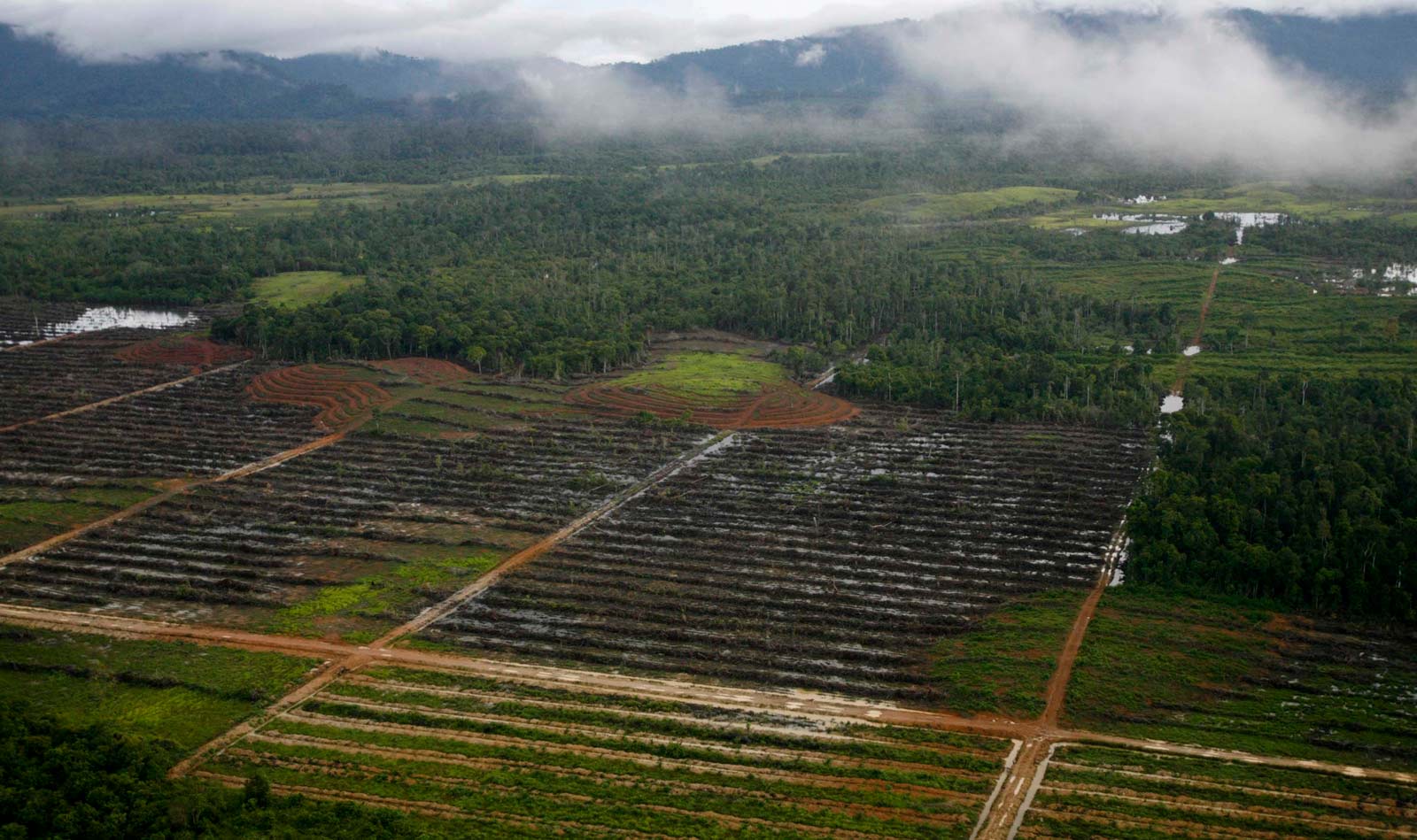
“The loss of species, ecosystems and genetic diversity is a global and cross-generational threat,” says one of the chairmen of the expert panel, biologist Josef Settele from the Helmholtz Centre for Environmental Research in Halle, Germany. “If we do not act, our own existence will ultimately be at stake.”
The report paints a gloomy picture of the biosphere. According to the report, between half a million and a million species worldwide are threatened with extinction. A quarter of all catalogued animal and plant species are said to have already been lost.
The loss of species today is “ten to one hundred times faster than the average over the last ten million years”, the experts report. A further “rapid acceleration” of the loss is to be expected. Three quarters of the land area, 40 percent of the oceans and half of the rivers and lakes are “strongly changed”, with catastrophic consequences for wild animals – and humans.
In Malaysia, Indonesia and West Africa, ancient forests are being deforested just to plant palm oil plantations, whose oil is then processed into snacks and cosmetics, for example. In Brazil, the Amazon rainforest is going up in flames so that even more cattle can graze and pesticide-soaked soy plants can grow – which are then shipped all over the world as animal feed.
The loss of species, ecosystems and genetic diversity is a global and cross-generational threat
Such a large amount of land is cleared, seeded and ploughed up that 96 percent of the planet’s mammalian biomass now consists of humans and their livestock. Wildlife populations, on the other hand, have decreased by 60 percent worldwide since 1970, and by 89 percent in South and Central America, reports the WWF. People have pulled almost six billion tons of fish and seafood out of the oceans since the 1950s. Plastic waste now floats where life once flourished.
The reason for this disastrous development is the rapidly increasing consumption of food, water, energy and other resources. Unchecked economic growth and an ever-increasing number of people are pushing the earth to its limit.
In Africa alone, for example, the population will double to 2.5 billion by 2050. Yet 20 percent of Africa’s land surface has already been permanently destroyed by erosion, vegetation loss, environmental pollution and salinisation. Experts estimate that by 2100 more than half of Africa’s birds and mammals could die out as a result of climate change alone. The last large land animals on earth, iconic creatures such as elephants, buffalos, rhinos and giraffes, are in acute danger.
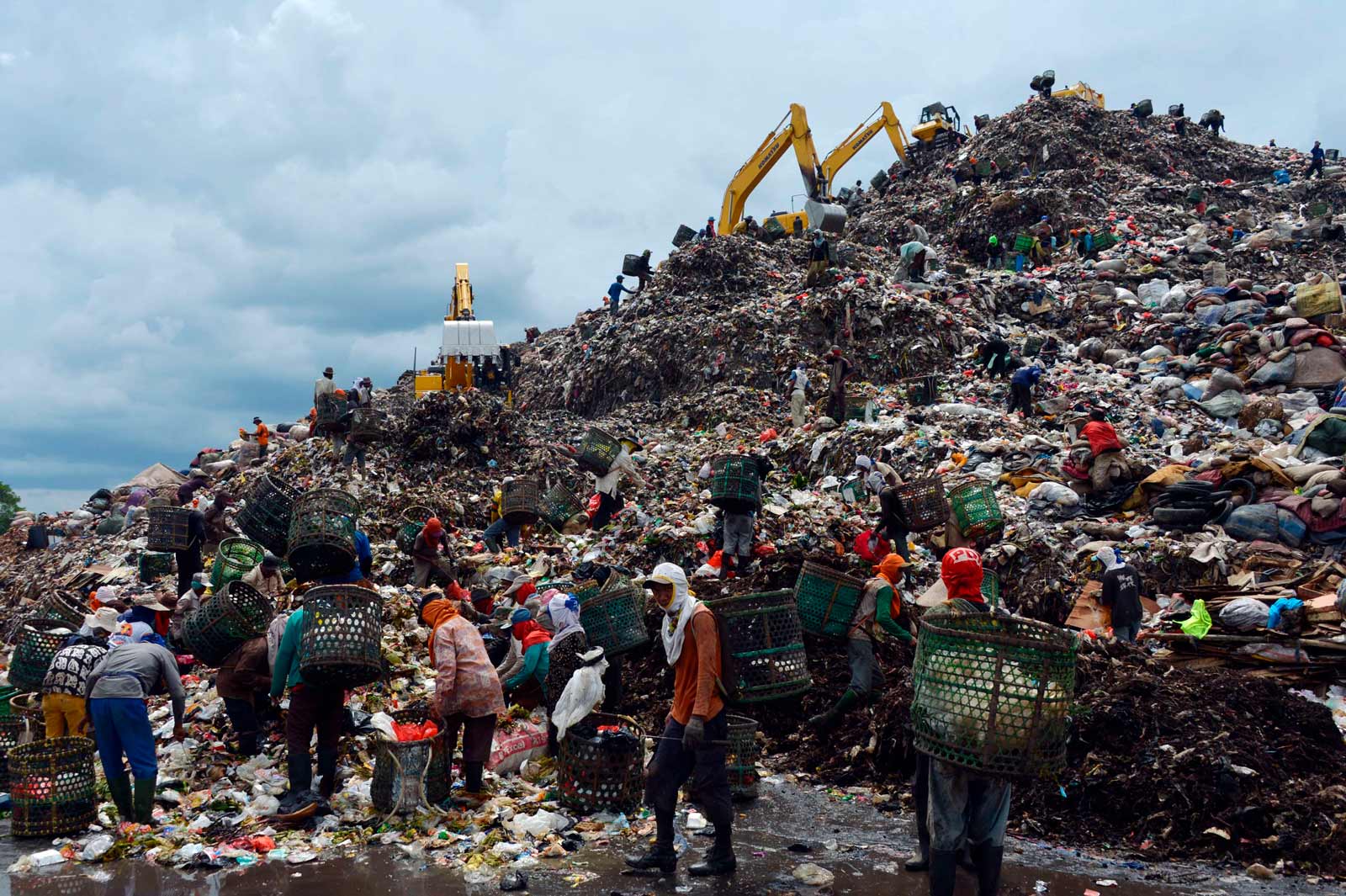
Nature is perishing – and humans are taking note of the decline with astonishing equanimity. Everything we are and have comes from nature: the clothes we wear, the milk in the fridge, potatoes, bread, chocolate, the fresh air we breathe and the clean water we drink.
Our lives are based on the achievements of natural systems. Where these systems collapse – where the soil and its organisms, plants and their pollinators disappear – the earth loses its ability to produce food and sustain life.
In the end, entire regions become desolate and man has to move on. According to some estimates, the destruction of nature and climate change could force up to 700 million people worldwide to migrate within 30 years.
It would be necessary to contain man’s influence on nature immediately. Why is this so difficult? Is the sheer scale of the ecological crisis paralysing us?
Climate change alone is a huge problem, but ultimately one that can be limited technically. Whether renewable energies, processes to remove CO² from the air, or higher dikes against rising sea levels: man’s ingenuity will help to cope with global warming.
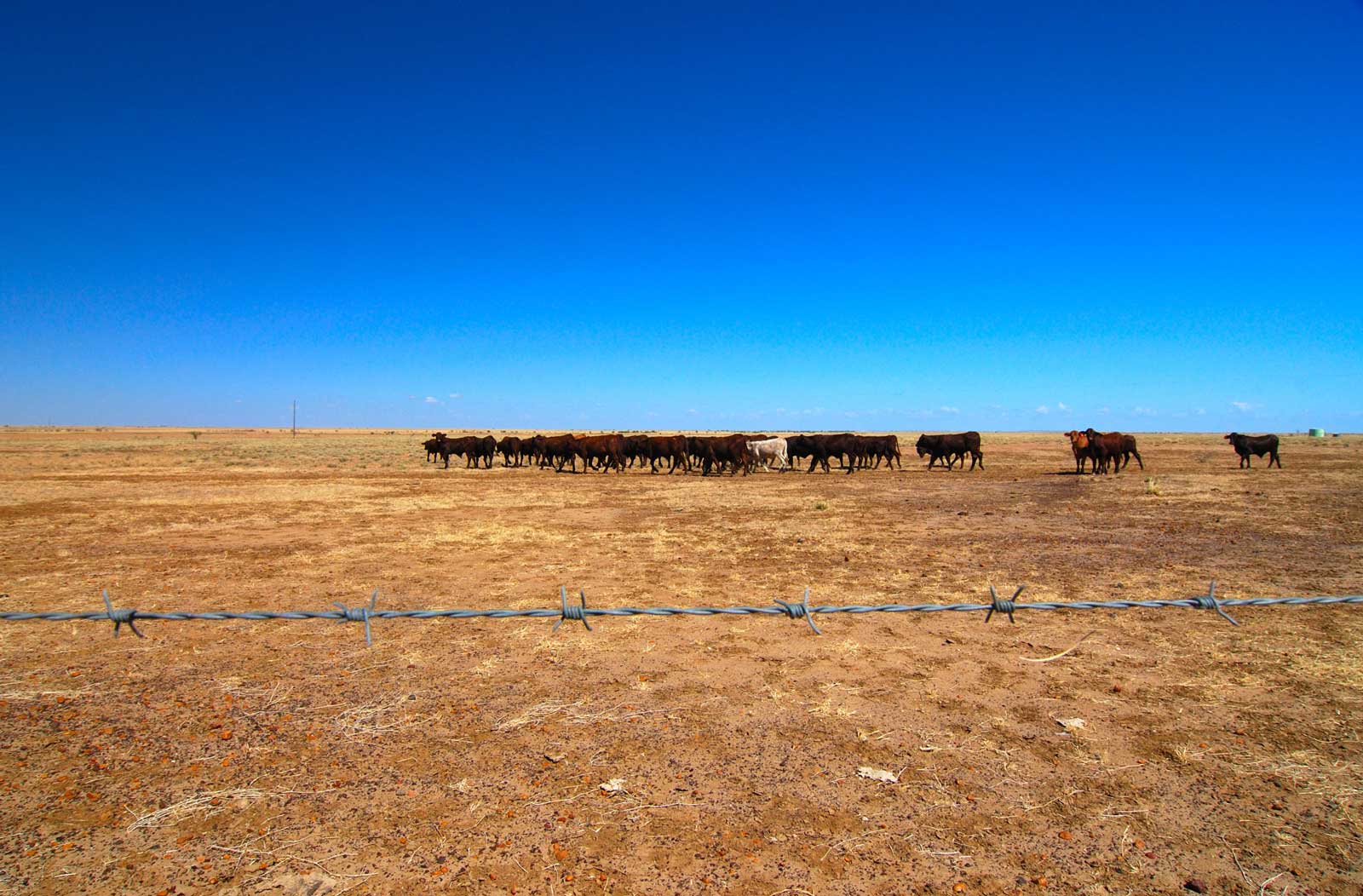
The damage to the biosphere, on the other hand, is much more difficult to repair. Technological solutions will hardly be available. Natural systems are too complex for this. A more comprehensive change is therefore needed to save this diversity. In essence, it is about our self-image. We need a revolution in thinking and acting.
The deeper reason for the ecological crisis lies in the assumption that economic, demographic and infrastructural growth is unavoidable to ensure prosperity for all. The US environmental sociologist Eileen Crist calls this fateful dynamic “trend towards more” – supported by the deep-seated conviction that man is a being superior to all other creatures, which can exploit natural resources at will.
Such a value system is by no means culturally universal. In the West, however, it has prevailed. The decoupling of man from nature is deeply rooted in the Western Christian tradition.
“Be fruitful and multiply and fill the earth and subdue it,” says the Bible (Genesis 1:28). Some theologians are trying to reinterpret this sentence from the Old Testament so as not to be seen as a desecrator of creation. But the statement remains part of Christian ethics. Just by looking at an average pigsty one can see with what ignorance we treat animals. The West’s rise to world dominance made this ideology the world standard.
But those who feel superior to nature become blind to the wisdom of limitation. “Reduce and retreat is the most far-sighted path forward,” says Crist.
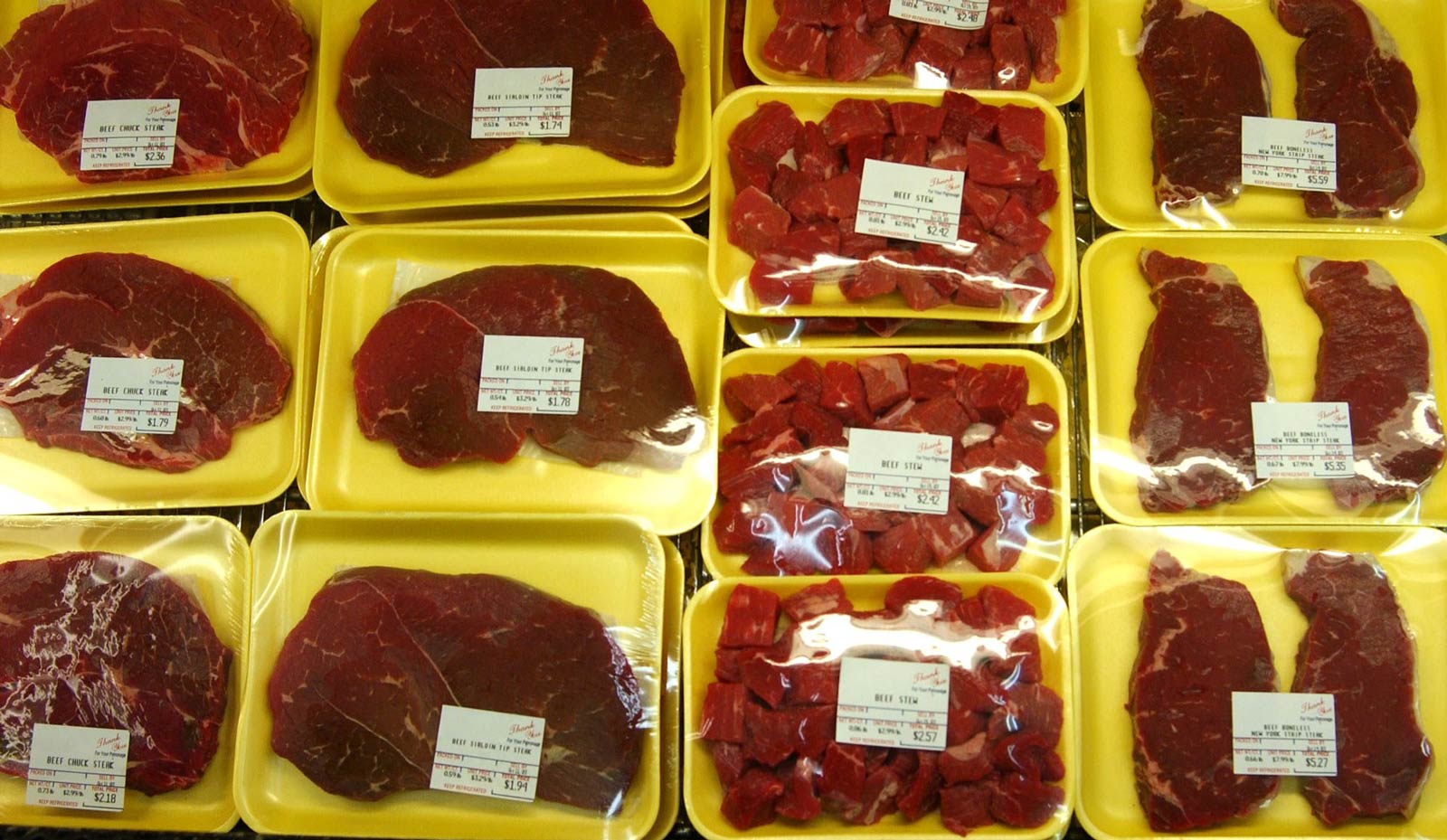
From your own point of view, you need to consume less food, less water, energy and materials, and leave nature more space:
‣ There are too many people on earth. Education for all from pre-school age, access to effective contraceptives and modern family planning have proven effective in reducing birth rates.
‣ Capitalism must abandon its claim to growth. The economic system of the “ever-more” threatens the natural basis of life.
‣ We eat too much meat and other animal products. Approximately 70 percent of the agricultural land worldwide are used for livestock farming. No other industry destroys more natural habitat than meat production. In addition, a good 18 percent of man-made greenhouse gases are produced here.
‣ Reduce, reuse, recycle: the economy must work sustainably. Instead of constantly extracting new natural resources, an effective recycling economy is needed.
‣ The global transformation of energy systems is essential; green technologies must be promoted, and subsidies that damage nature must be dismantled.
‣ Much more space must be given to nature. A global network of protected areas is needed that encompasses all natural habitats, stabilises wildlife populations and preserves the paths of migratory animal species. Studies show that large natural areas also help to alleviate climate change because CO² is bound.
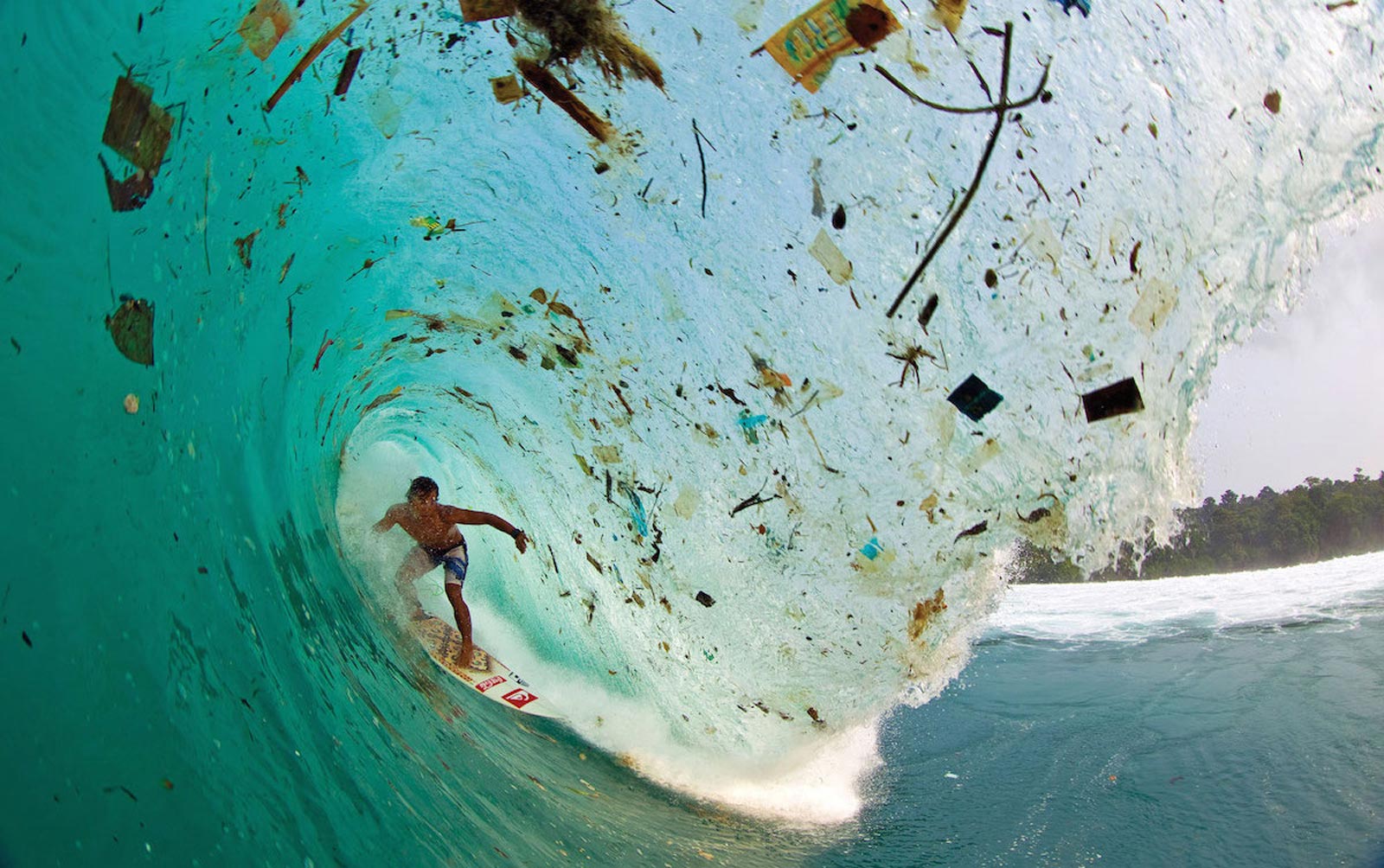
“Nature Needs Half”
Nature needs half the earth: biologist Edward O. Wilson is one of the advocates of this radical but scientifically-based demand. For the time being, the so-called 30-30 target seems more realistic: 30 percent of the earth’s land and ocean surface should be protected by 2030. So far it is only about 15 percent of the land area and only 7 percent of the oceans.
In 2020, the parties to the Convention on Biological Diversity will meet in Kunming, China. Nature conservationists hope that a global agreement will be forged there that is oriented towards the 30-30 target. An international treaty, similar to the Paris climate agreement, would also help to secure the financing of nature conservation.
Experts have calculated that up to $100 billion dollars a year are needed to protect species and ecosystems in the long term. Compared to the economic benefits of a healthy environment, this is surprisingly little. The global value of ecosystem services is estimated at around $125 trillion a year, more than half the world’s economic output.
“It’s not just nice to have nature; it’s fundamental to each and every one of us,” says British wildlife filmmaker David Attenborough, who is currently presenting an overview of the remaining wilderness on Earth in the Netflix series “Our Planet”. Attenborough shows the richness of nature in fantastic, intoxicating images. Would a new ethos that demands more respect from man for his fellow creatures really mean renunciation?
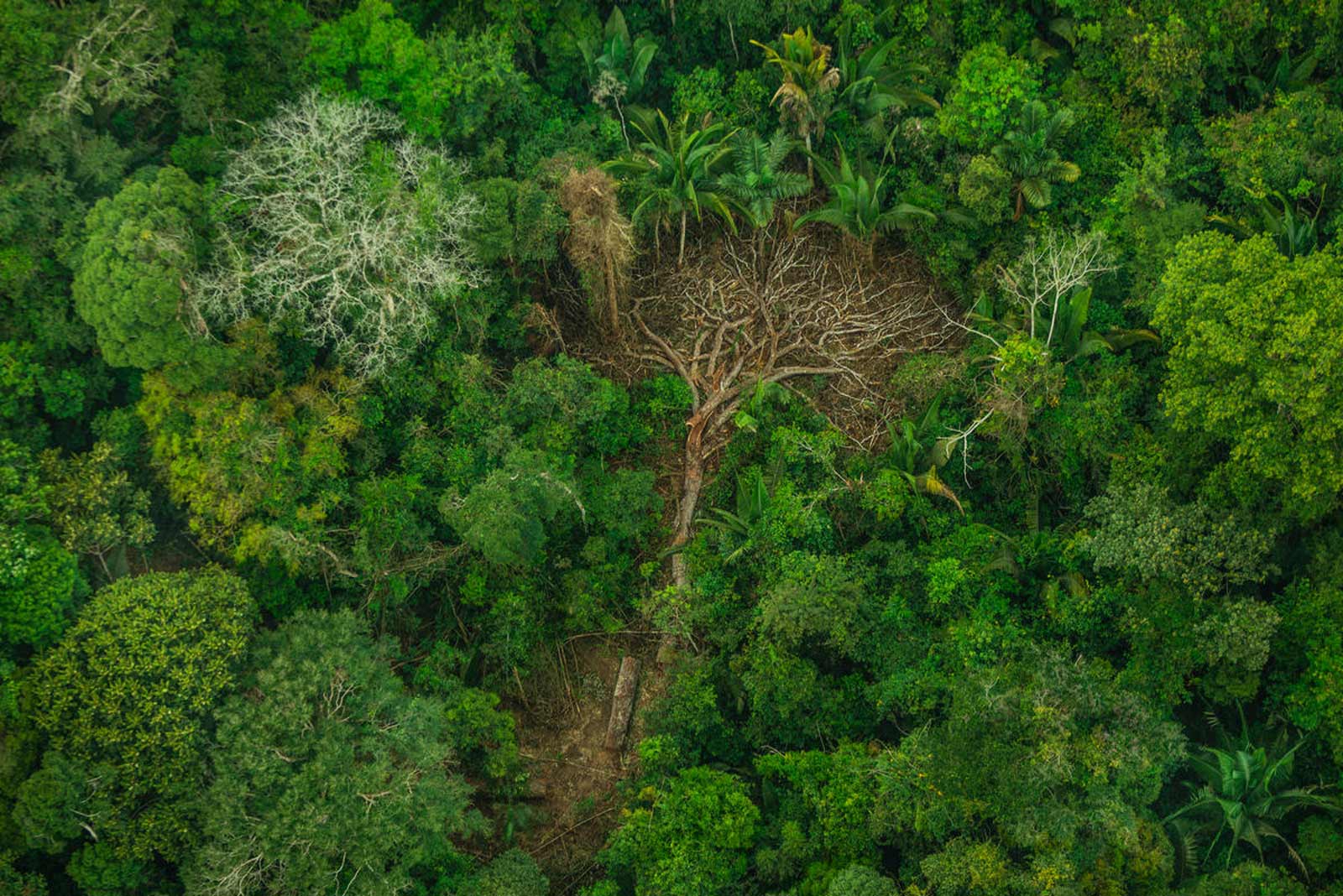
Yes, but only if a growing gross domestic product is still the measure of all things.
However, in a world where progress and quality of life are defined more comprehensively than through returns on sales, a new understanding of nature offers great opportunities. An ethic of the few that no longer defines human greatness as dominance over the biosphere, but as the ability to grant all living things dignity, place and meaning, also promises more compassion, understanding and benevolence towards ourselves.
“Learning to inhabit the earth with mindfulness, humility and modesty promises material and spiritual wealth for all,” says environmental researcher Crist.
Investing in nature is not only the intelligent way into the future; it is also the human way.
© 2019 Spiegel Online Distributed by The New York Times Syndicate


